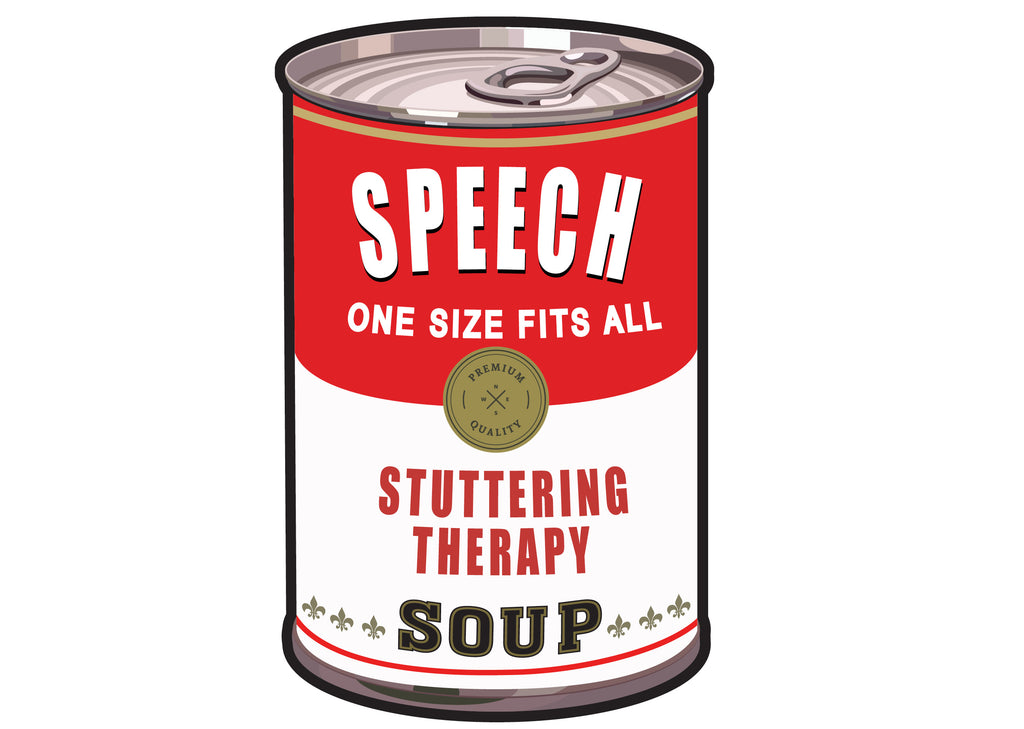I’ve been spending a bit of time on the various Facebook groups for speech-language pathologists, lately. These groups can be a great resource for clinicians seeking input and advice from their colleagues about how to handle challenging situations, and I’ve enjoyed the conversations I’ve had there. That said, there is one thing about the Facebook exchanges that really bothers me, and I feel the need to rant a bit about it, so that I can sleep better tonight.
Nearly every time someone posts a question or comment that even mentions the word “stuttering,” you can bet that within a few minutes, some well-meaning individual is going to post something like, “Use XYZ program,” or, “try this.” Sometimes, we might get, “ABC program has the best evidence—use that.”
On the surface, this seems like a helpful response. Someone asked for help; they received suggestions; and some of the suggestions even sound like they follow the principles of evidence-based practice. Great!
The problem is that these posts often come along even though the responder has little or no knowledge about the client under consideration.
Sure, the original poster may have given some information about the client, though this is typically just a severity rating. Even so, this doesn’t tell us anything at all about whether or how stuttering is affecting the client’s life or about what the client’s specific needs are for therapy.
To me, this is the antithesis of evidence-based practice. EBP does not mean using the same treatment program with everyone who has a specific diagnosis, regardless of whether or not that treatment program has some literature behind it. EBP means first gathering diagnostic information to see if that treatment is appropriate. If it is, then great, go for it! If it is not, though, then EBP requires that we consider other approaches, based on the individual and unique needs of client or family we serve. I often say that, "CANNED programs CAN'T work for everyone!"
Note that it’s not the specific program(s) that are so often mentioned in these threads that concerns me (though there are some more common repeat offenders). I feel this way about any program that is offered when the commenter has not first ascertained whether the recommendation is appropriate.
Of course, it ultimately falls to the original poster to determine whether the recommendations that she has received from responders are indicated for their particular client. In my opinion, though, responders have a responsibility, too.
So, next time you see a post with a question about stuttering, maybe hold off before posting, “use this treatment—it worked for me!” Instead, consider guiding the clinician to think about factors that might support evidence-based decision making, like “how is stuttering affecting the client’s life?” or “what strategies have you already tried?” or even “what are the client’s goals in therapy?”
Without this information, that one weird trick we’ve heard about for helping those who stutter is no better than the clickbait ads we see on the Internet.

